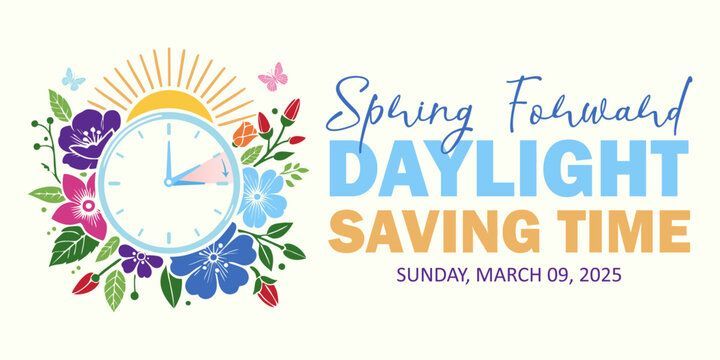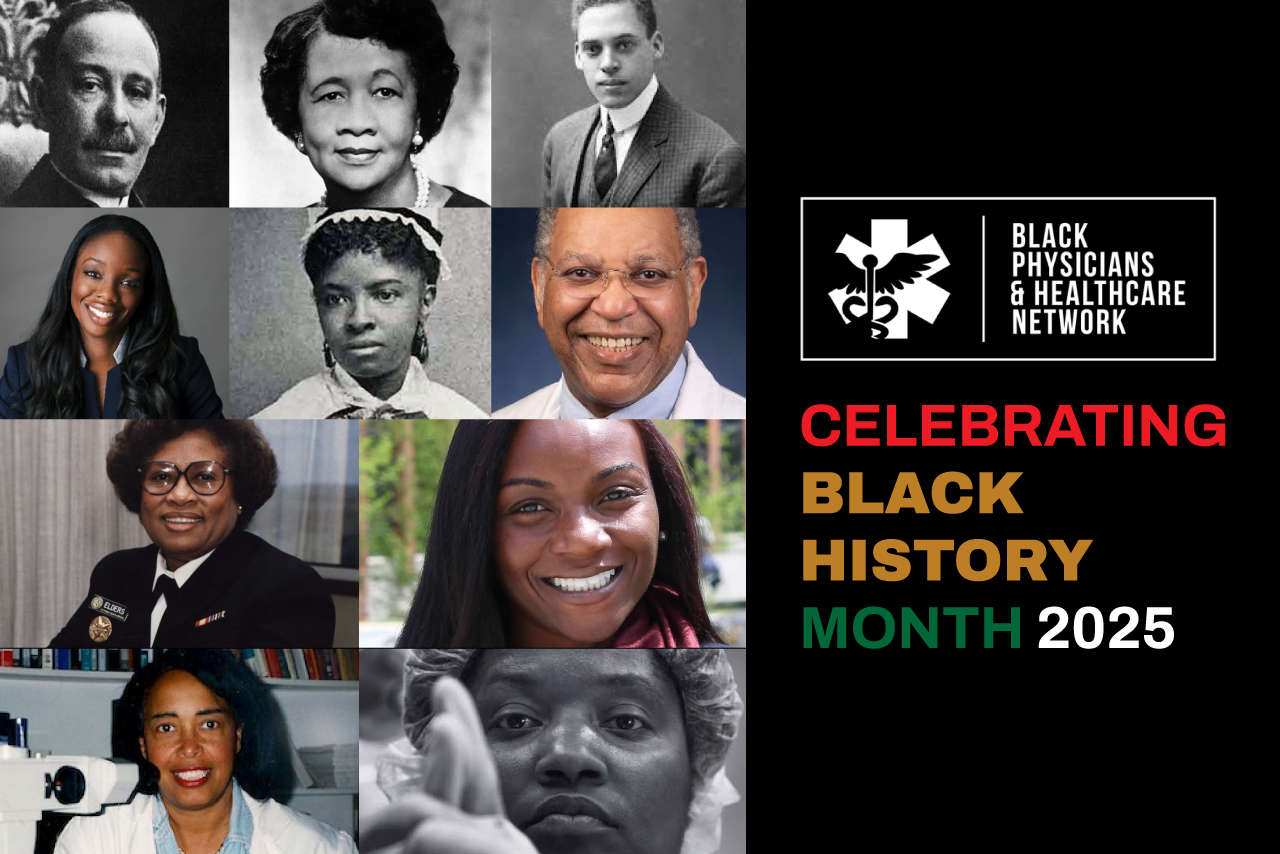How The Black Community Can Prioritize Mental Health
As much as talking about our mental health is becoming more normalized, it is still challenging being the first in your family or community to speak out — and even further complicated by race, gender, and class.
Being black is a multifaceted challenge; historical and systemic barriers often compound feelings of stigma and silence, making it difficult to address mental health concerns openly.
Breaking the silence means confronting long-held taboos and challenging deeply ingrained beliefs. It means stepping into uncharted territory, armed with courage and compassion, to advocate for yourself and those around you.
In the digital age, when social media often serves as both a catalyst for connection and a breeding ground for comparison, the need for self-care and mental resilience has never been more pressing. The pressure to excel academically, professionally, and socially can feel overwhelming, leaving many of us feeling depleted and disconnected.
Prioritizing mental well-being is crucial for navigating these challenges. Here are several strategies to help:
Seek Culturally Competent Therapy: Finding a therapist who understands and respects your cultural background can make a significant difference. Culturally competent therapists are better equipped to address issues related to race, identity, and systemic oppression.
Build a Support Network: Surround yourself with friends, family, and community members who offer emotional support and understanding. Connecting with others who share similar experiences can provide comfort and solidarity.
Practice Self-Care: Include activities that bring joy and relaxation into your daily routine. This could include hobbies, exercise, meditation, or rest.
Set Boundaries: Learn to say no to commitments that drain your energy. Prioritize your needs and protect your mental space from toxic relationships and environments.
Utilize Online Resources: Numerous online platforms and communities provide support and resources specifically for black people. Engaging with these can offer additional perspectives and coping strategies.
Always remember that seeking help is a sign of strength, and your mental health is worth investing in.
Credit Eyse Fox How Women of Color Can Prioritize Their Mental Health,
https://www.teenvogue.com/story/how-women-of-color-can-prioritize-their-mental-health-stories-template
















